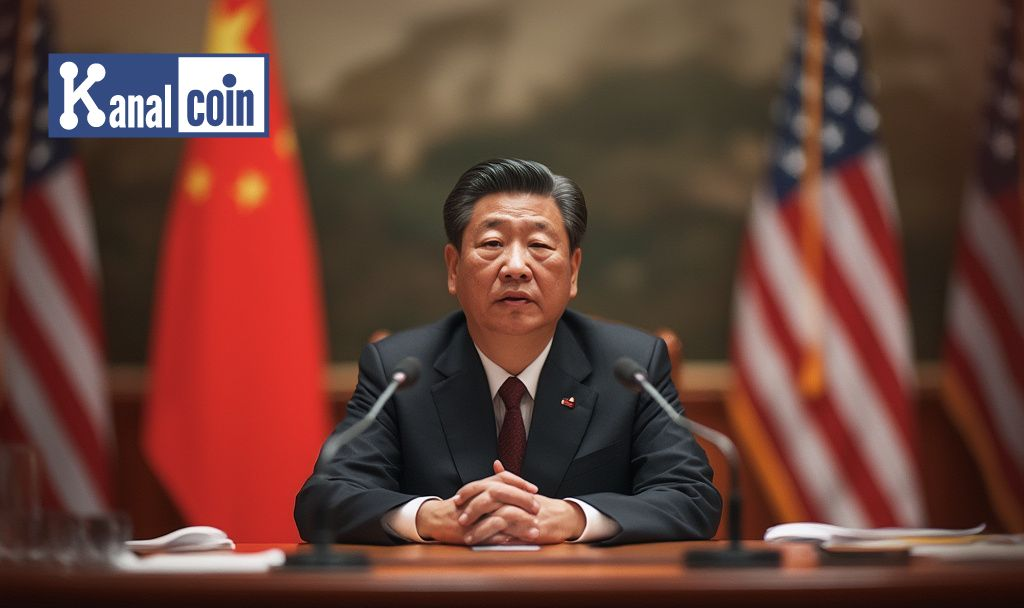
China has called on the United States to completely cancel reciprocal tariffs as trade tensions between the two nations continue to escalate globally.
The appeal is significant as it highlights ongoing trade disputes and their potential impact on global economic relations, with immediate market reactions anticipated.
China Urges U.S. Tariff Cancellation Amid Tensions
Chinese officials requested the United States cancel all recently implemented tariffs, amidst growing trade conflicts. This escalation follows increased diplomatic tensions between the world’s two largest economies over various economic policies. A spokesperson from the Ministry of Commerce, China said, “completely cancel the wrong practice of reciprocal tariffs and return to the right path of mutual respect.”
The request from China involves major economic actions impacting global markets. Diplomatic negotiations are underway, focusing on new strategies to potentially alleviate these tariff-related tensions. The situation remains highly sensitive and fluid.
Market Analysts Predict Volatility from China’s Appeal
Market analysts indicate potential volatility following China’s appeal, with financial markets closely monitoring U.S. responses. Industry leaders have begun strategizing for possible scenarios, as trade uncertainty continues to affect investor sentiment.
Economic experts predict regulatory changes or adjustments in international trade policies might arise as a response to China’s latest move. Historical data suggests repeated tariff disputes lead to a long-term economic strain on involved markets.
U.S.-China Tariff Disputes Threaten Global Stability
The current tension echoes previous U.S.-China trade disagreements that disrupted global supply chains. Historical tariff wars have historically posed considerable risks to global economic stability and trade relations.
Experts from Kanalcoin predict potential market variability due to existing geopolitical dynamics. They suggest careful evaluation of ongoing negotiations informed by precise data and historical outcomes can help mitigate foreseeable risks.









